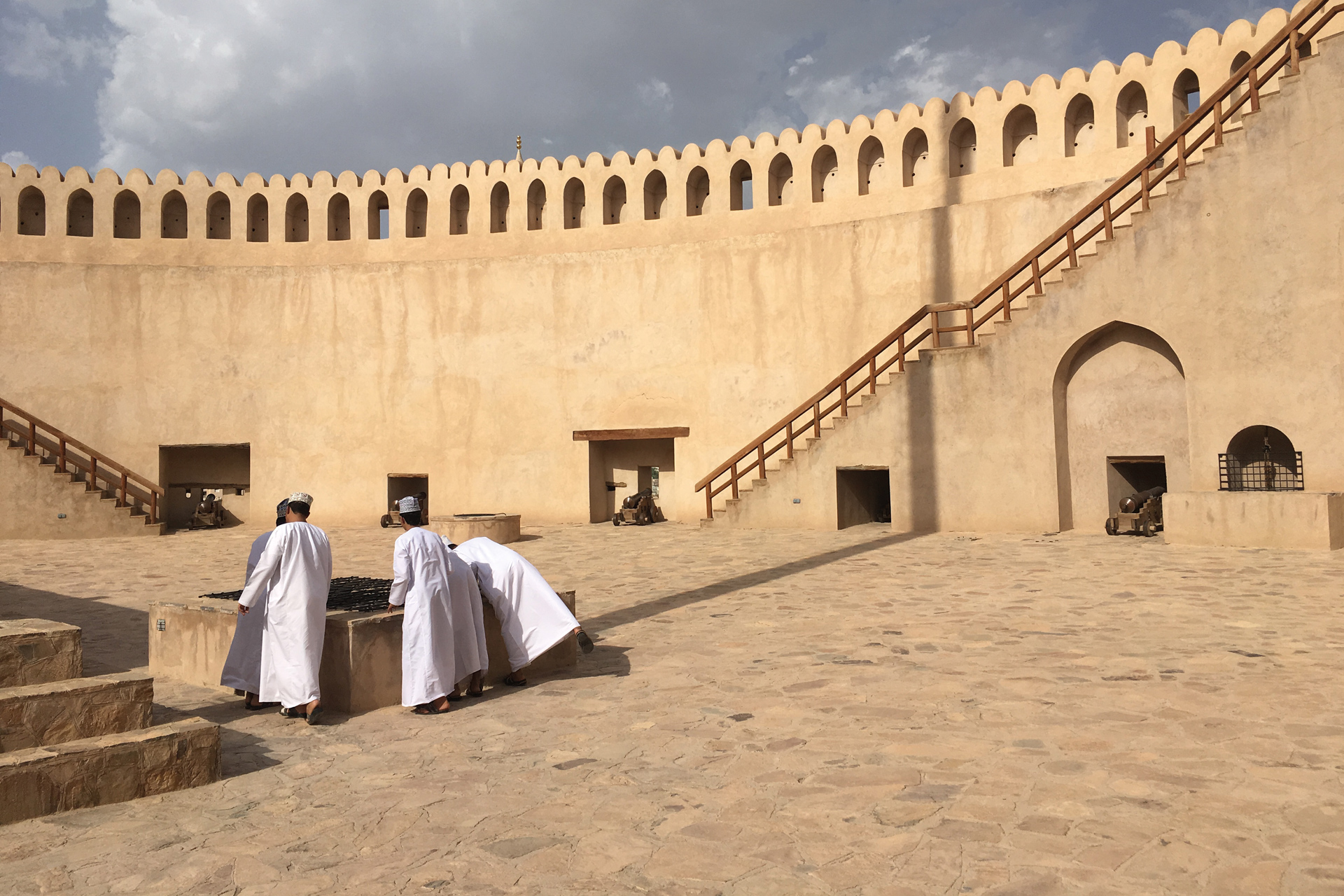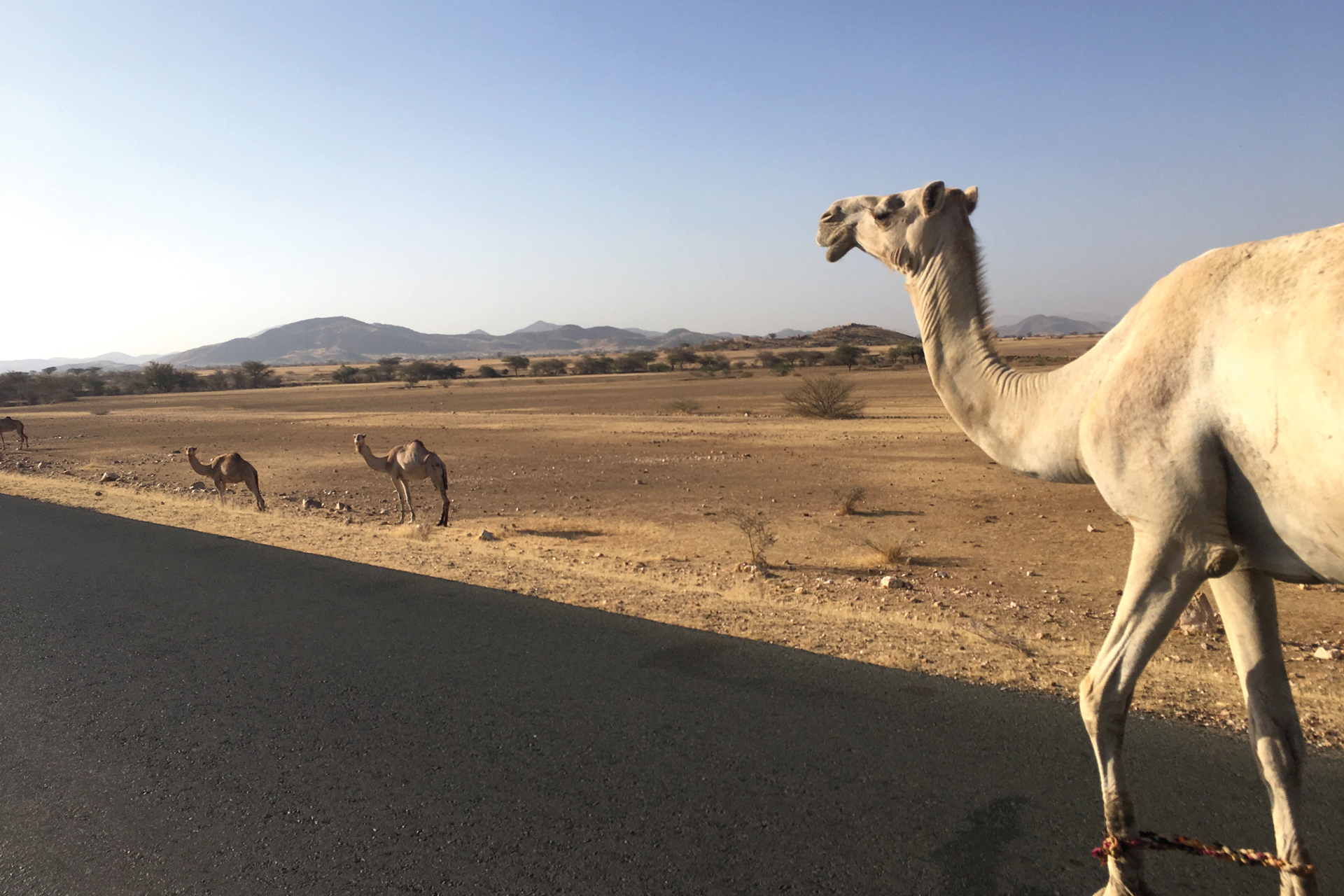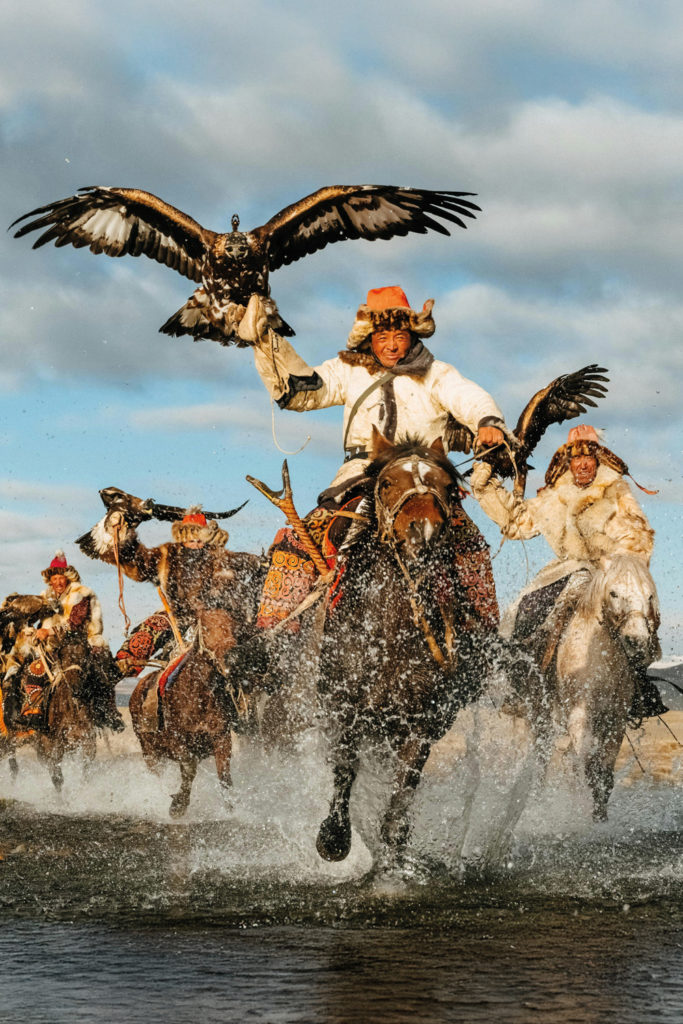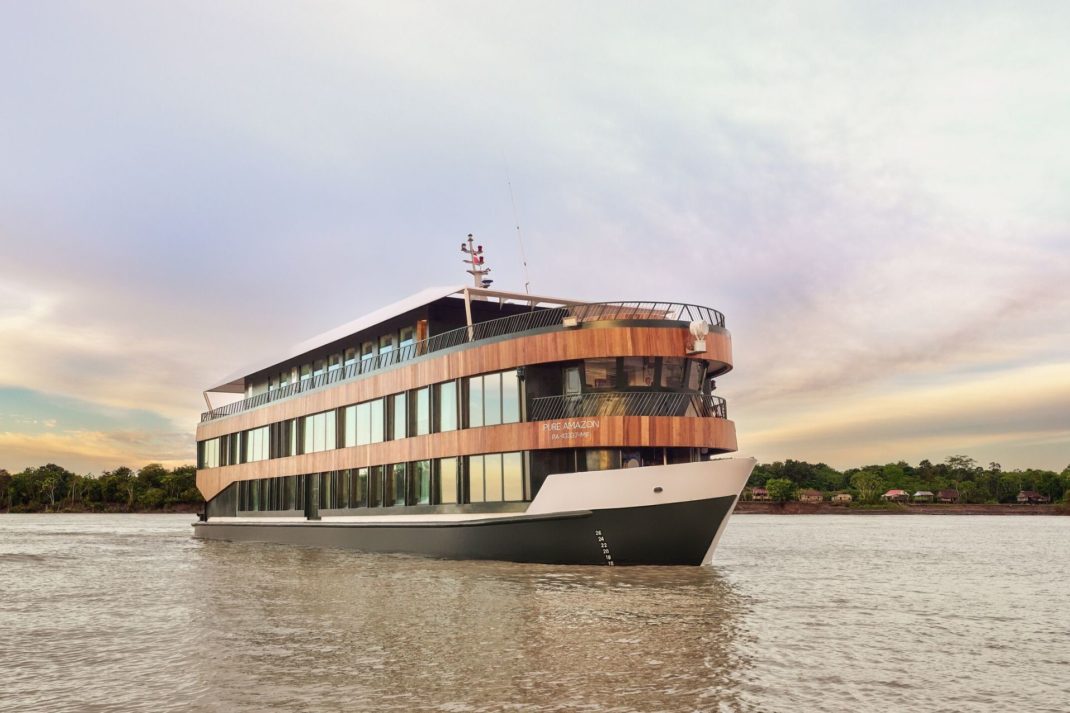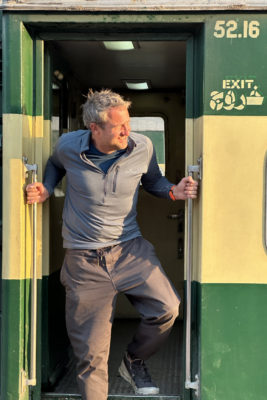Thor Pederson: ‘I Travelled Around The World Without Flying – In 3,576 Days’
By
7 months ago
We meet the only person in history to have reached every country in the world without stepping foot on a plane
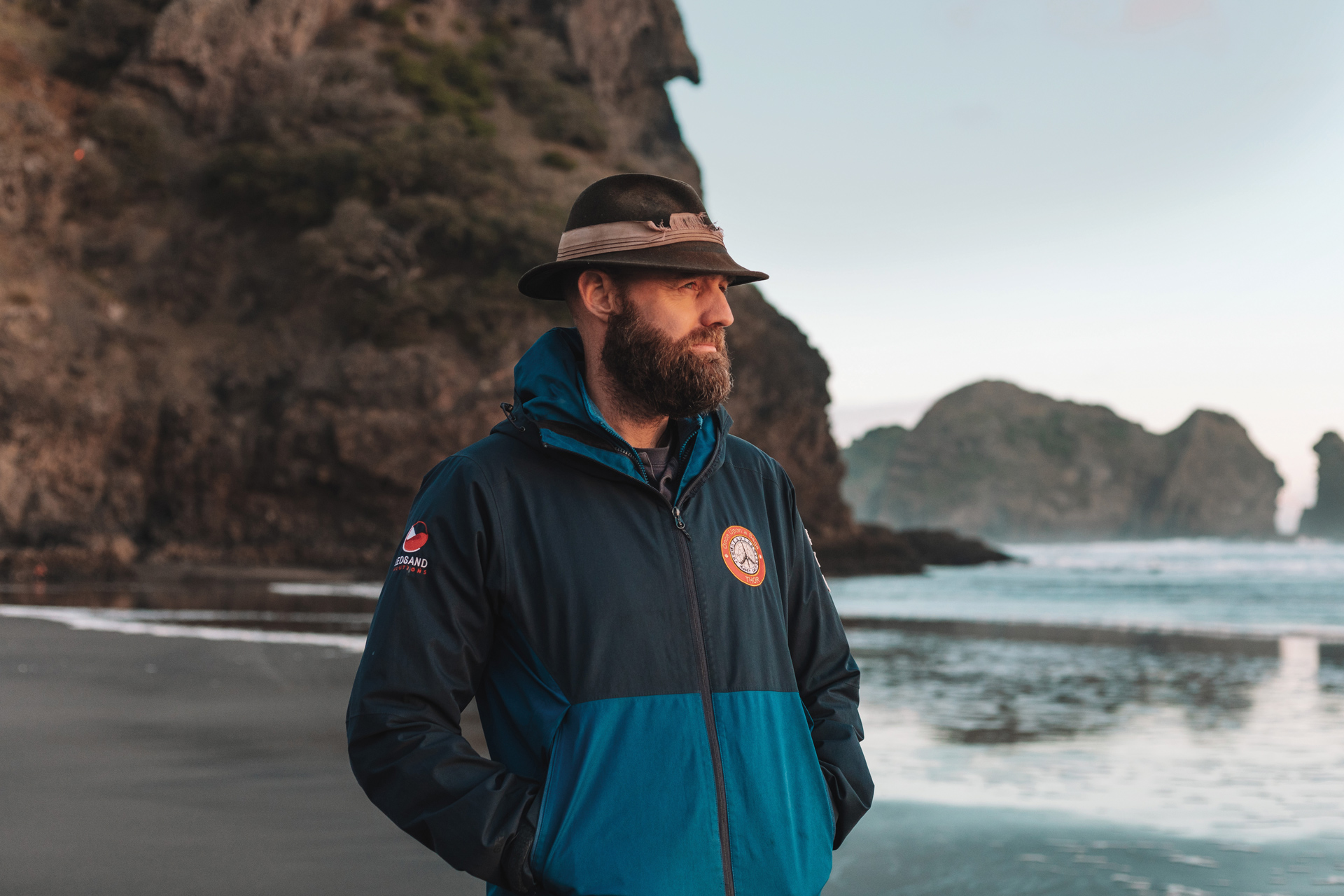
Thor Pedersen made an impossible journey – travelling through every country in the world without flying. He tells Katie Scott how it became a pilgrimage of people not places
Inside Thor Pederson’s Flight-Free World Tour
Thor Pedersen would be the first person to tell you not to do what he has done. This tall, quiet Dane now holds the title of being the first person to have travelled continuously through every country of the world without flying. And it nearly killed him on more than one occasion. It also took him close to a decade. His newly published book isn’t a gallop across the world. It doesn’t read like a list of sights seen or a tick-box exercise. The book doesn’t document every country – that would take tomes. It does record a logistical feat beyond comprehension for most of us – and a journey that pushed Pedersen almost to the edge of sanity.
When I speak to Pedersen, he’s apologetic. There is a thrum of American voices around him. He’s travelling again – a road trip across the US – and is trying to find a quiet corner in the World of Coca Cola in Atlanta, Georgia to talk. Curious tourists in baseball caps occasionally appear behind him on screen as Pedersen recounts the moment armed (and drunk) soldiers waved guns in his face at a checkpoint in Central Africa.
On this trip, Pedersen isn’t alone. Just before he logs off, I say hello to his wife, Le, and he proudly shows me his baby daughter. Le is one of the only constants in the book. They met at a wedding just before Pedersen left Denmark, and she visited him, buoying him, when his itinerary allowed. The prospect of losing her sinks him deeper into despair during his moments of visceral doubt. When he finally came home, Le helped him adjust to life in Denmark. ‘I think I might be the kind of person who is always in doubt about who I am and what my place is. I might spend the rest of my life looking for something. Becoming a father has given me identity in a different way and I’m living with a wonderful woman, my wife, which has also given me an identity.’
Pedersen writes about how he set out to court glory, like the explorers he read about as a child. He’s become a member of The Adventurers’ Club in Denmark, but the book has yet to be published in his home country, which hurts him. Throughout the trip, he didn’t get the accolade he dreamed of; there were no crowds of fans clamouring for his time at every country border. Even his return to Denmark – after ten years of travel – feels flat. ‘I felt no major wave of happiness,’ he writes.
The quest for glory fades though Pedersen’s competitiveness remains – it’s hardwired into him. But, as he moves through the 203 recognised and partially recognised states listed by the UN, it’s the people who show him kindness that give him the strength to keep moving. ‘Quickly, I understood that countries are nothing without the people that live in them,’ he writes. Even messages through social media provided strength when he faced constant derision, especially from authorities.
There was the woman in Suwalki in Poland, who invited him into her home as he wandered the snow-covered streets with no phone coverage, no idea which direction to walk in and a storm threatening. The friends that he made in Hong Kong, where he was trapped because of the pandemic, not only found him a place to live and a job but walked with him as he explored the mountain trails to calm his mind.
Then there was the small child who reached out to touch his face after 100km balanced precariously on five metres on luggage stacked in the back of a lorry from Brazzaville, Republic of Congo. Sitting, exhausted, and surrounded by people who he couldn’t understand and couldn’t understand him, Pedersen writes, ‘the feeling of being misunderstood and ignored, and knowing just how much land and sea separated me from the people I loved most’ threatened to overwhelm him at this moment. The child showed kindness and perception that life can drive out of us. It was a moment of connection when he felt deeply lonely.
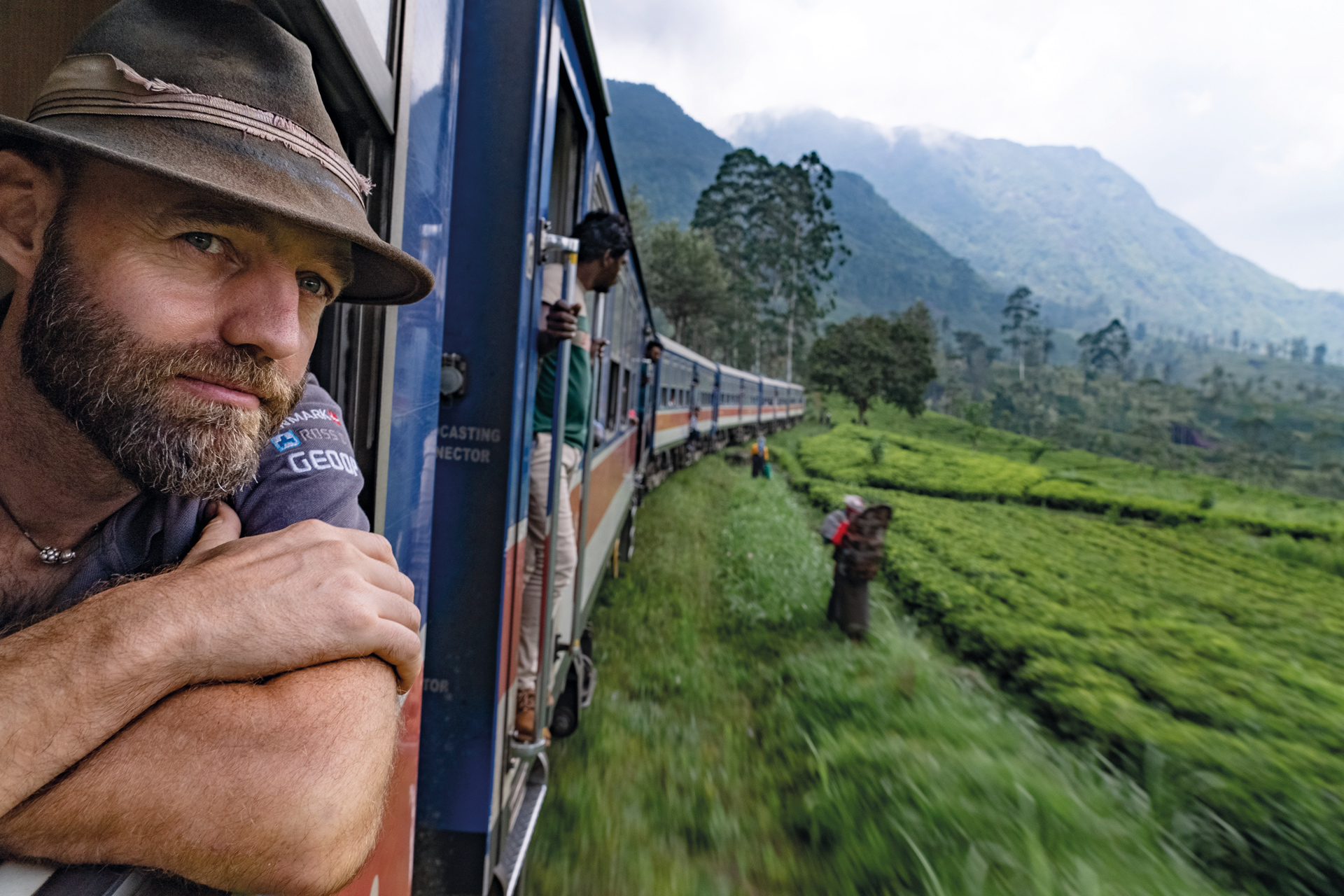
(c) Mike Douglas
The book documents what blew away his preconceptions, even as a man who’d travelled widely before he started on this quest. As a UN peacekeeper, Pedersen was posted to Eritrea and later worked in Libya for a shipping and logistics company. People still surprised him, especially in war-ravaged countries. ‘A lot of these places, they do not expect a tourist. It brings hope and suggests, perhaps, we’re going back to normal times,’ he tells me. ‘In Herat, this old man asked me to come with him and took me straight to this tree. We went through a maze of buildings and he explained that this tree was almost 1,000 years old. He then told me that what I know of his country is just its 40 years of war.’
There are moments of sheer terror and despair too though. This isn’t a saccharine ode to the beauty of human nature. There were countless embassy staff who viewed Pedersen with absolute disinterest, bordering on contempt, especially because he was refusing to travel by plane (and therefore ungratefully bypassing the expensive border facilities they had put in place at their airports). His run in with malaria nearly cost him his life. A walk down a beach in Lebanon saw him come across the bodies of four immigrants, and that night he could hear the bombs destroying communities just 20 minutes from where he lay.
The book shares the many moments where Pedersen not only questioned why he was pursuing this challenge but was consumed with the fear that the physical and emotional damage he was inflicting upon himself would stay with him for life. It has. ‘Even now I feel heavier, as if I’m dragging around with me an enormous burden of accumulated sensory and emotional debris.’
Re-entry has been hard. Pedersen talks about how his viewpoint has shifted for good. He says: ‘You hear astronauts come back from the International Space Station and say that they looked down at the planet. They’ll explain that the first time, they were trying to find their home country. The second time, they were trying to work out the continent and the third time, they just saw the thin atmosphere that goes around the whole world and that allows us all to exist.’ He now feels the connections that cross borders. He sees the whole, whereas most of us see what surrounds us and not beyond.
As a result, after a decade of counting countries, it’s people he recounts, not places. He sees his journey as movement between these people – from the Philippine sailors on the tankers who danced and sang like professionals to Pastor Frazer in the Solomon Islands, a village elder who asked him to show the local kids a film on his laptop. Pedersen picked The Jungle Book and noted how ‘the butterflies, vegetation and trees we saw in the movie felt like a mirror of everything that surrounded us’. The very nature of his path – slow travel, sometimes tortuously slow – meant that these chance encounters could happen. Instead of a dash through an airport and a generic trip through the air, Pedersen sat on trains, stowed on boats, travelled in all states of taxis and cars; and walked. He was among people constantly.
Pedersen admits he has more challenges in mind – he’s already ticked off his ambition to visit Antarctica. ‘I need to achieve stuff to feel more assured, less self-conscious,’ he writes. But the man I meet seems to have a peace about him. The Pedersen who started the journey carried a desperate need to prove himself, especially to his parents. He has realised that the challenge itself may have ‘a half-life that diminishes with each month that passes’, but the human connections he has made have no expiry date. And that is, perhaps, a lesson to us all. It’s not just the places you visit but the people you can meet – if you only take the time.
The Impossible Journey: An Incredible Voyage Through Every Country in the World Without Flying (£25, Robinson)


